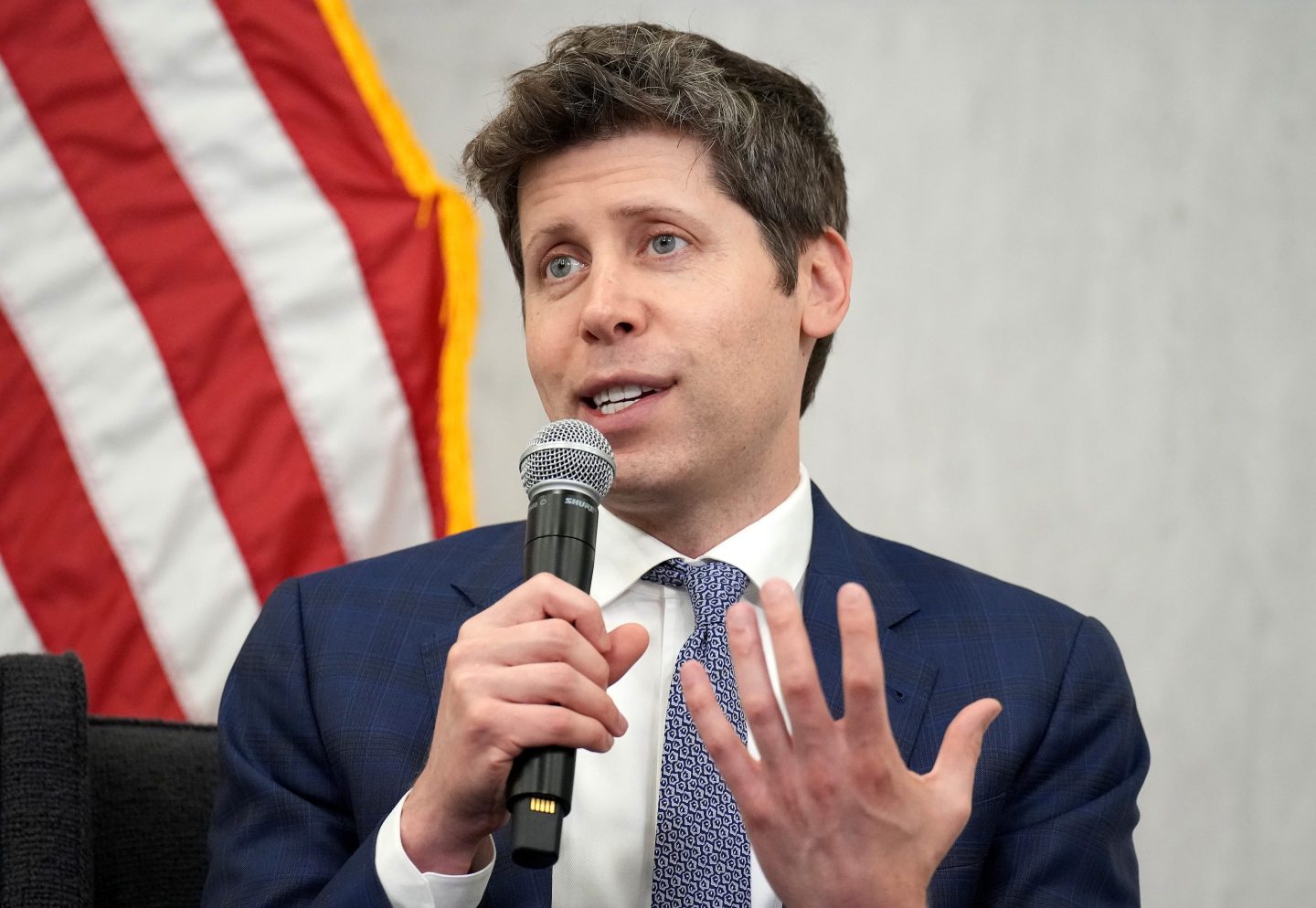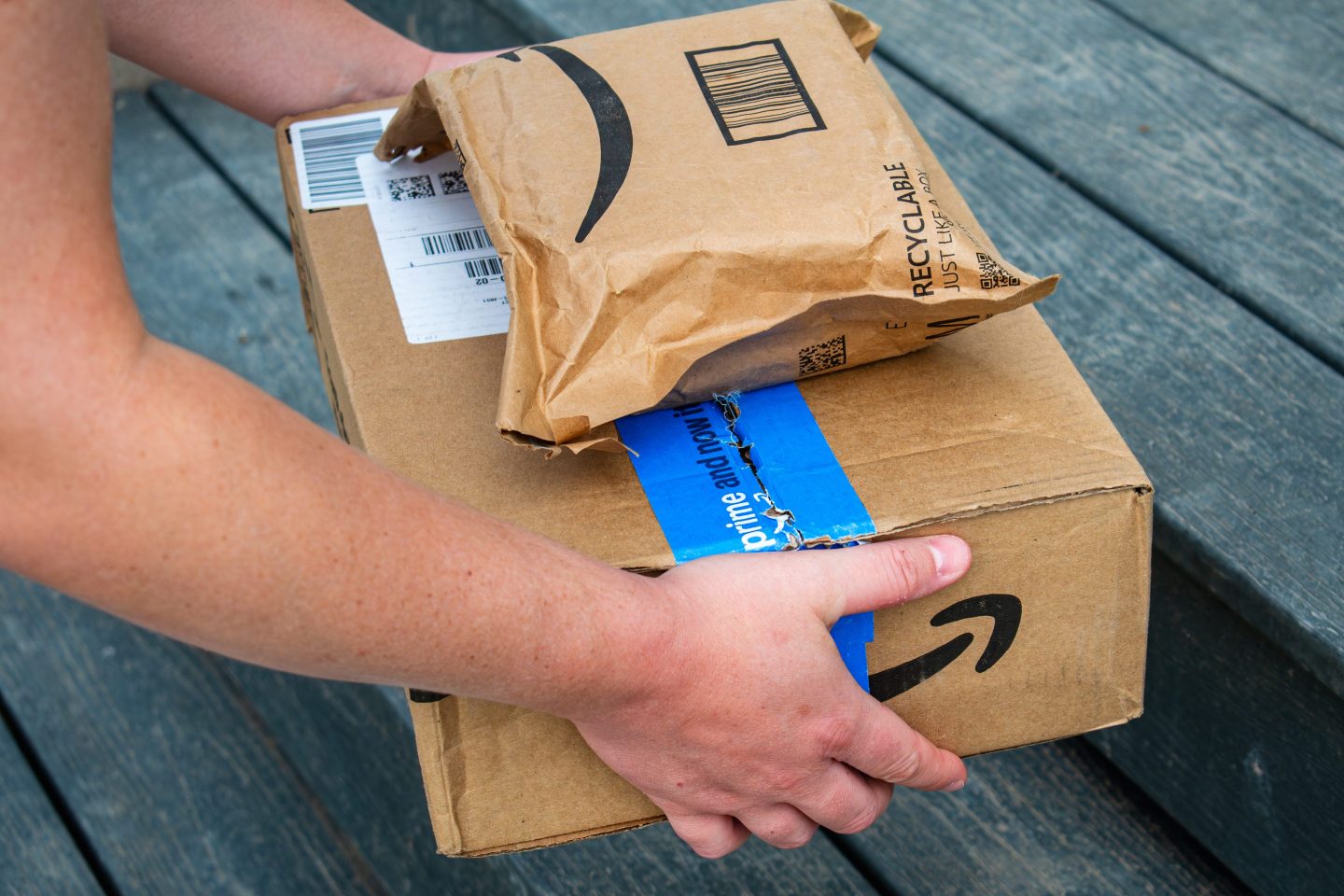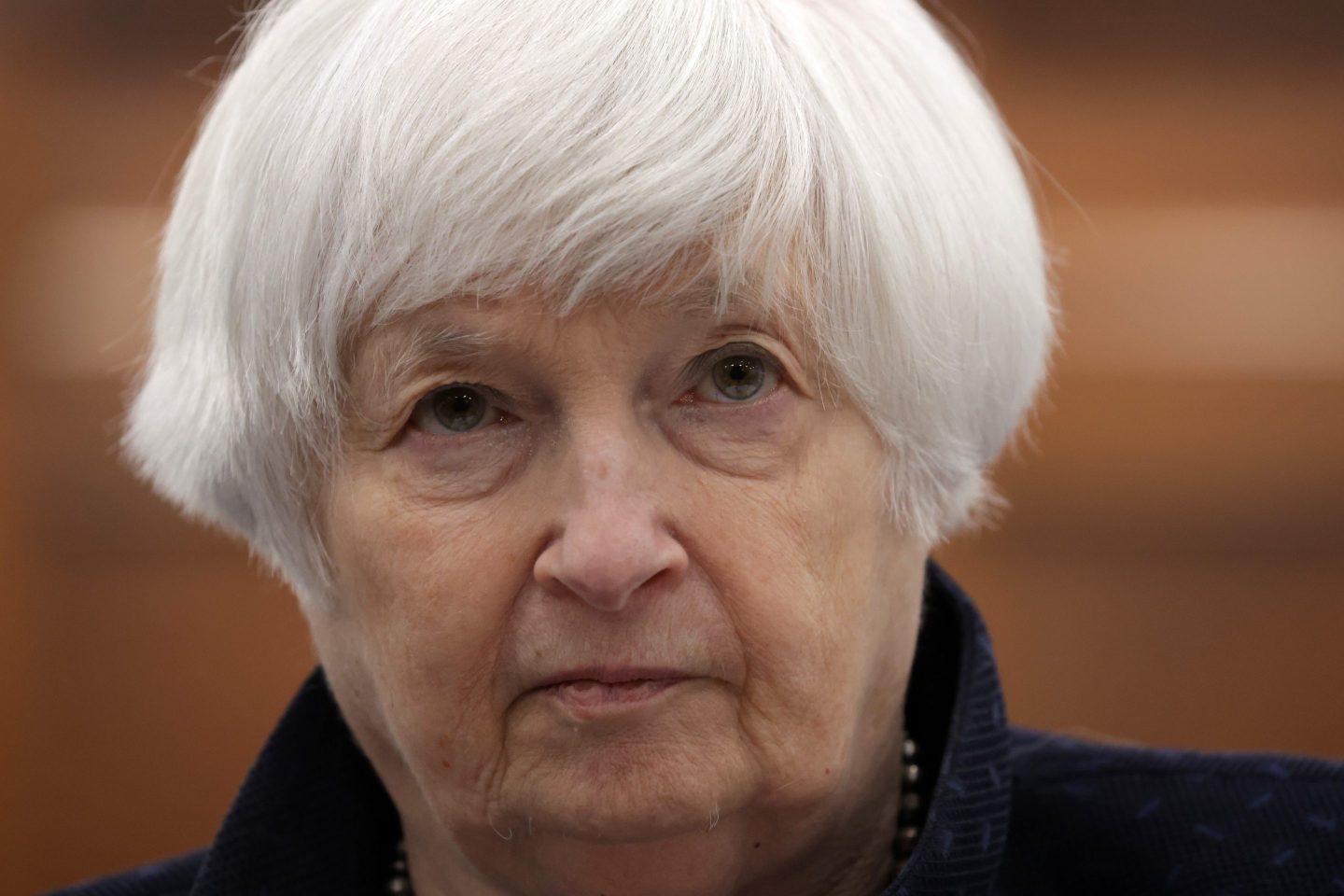The Great Business Model Correction is upon us, and the so-called “on-demand” startups are feeling it.
On Tuesday, San Francisco-based Munchery, which prepares and delivers hot meals and meal kits to customers in four U.S. markets, became the latest delivery startup to switch up its pricing model. Now, new customers will have to pay a monthly membership fee of $8.95 (or annual for $85), which Munchery says lets them get discounts of up to 20% on each meal or kit they order through the service. Existing customers will have the option of keeping the old pay-per-meal model or switch over.
“It’s a commitment. We know that customers want to come back to Munchery so that allows us to bring down the cost,” Munchery co-founder and CEO Tri Tran told Fortune.
The catch here, however, is that the most of these “savings” Munchery refers to are in comparison to other takeout food, not exactly its own. Sure, membership fees can help Munchery lower its costs so that it can offer a dish it normally sells for $9.95, for example, for $7.95 instead. But for new customers at least, the “discounted” meal prices are inevitable—they don’t have the option to skip the membership fee and pay the original higher price.
On the upside, customers will get to try the first month for free, and because there are no contracts, they can cancel anytime.
Get Data Sheet, Fortune’s technology newsletter.
But despite whatever benefits the company claims this new model offers, its true purpose is undeniable: to bring more stability to its revenue.
Even Tran admits it. The new membership fees will help Muchery better forecast revenue because of the steady stream from the fees, and ideally, because customers will do their best to order at least a few times a month in order to feel like the fee is worth it. The fee’s effect on a customer’s ordering frequency will of course vary depending on their income, food budget, and so on.
The new pricing model also means that now, for some consumers, Munchery won’t make economic sense. “If you only order takeout once every six months, I agree, this is not a service for you,” Tran says, though he added that about 90% of Munchery’s customers have ordered weekly.
For more on on-demand services, watch:
Munchery is only the latest startup in the past few month to readjust its business model as it seeks to make its math work out. Grocery delivery service Instacart recently raised its delivery fees, along with other adjustments to make its operations more efficient. Zirx, a parking service best known for dispatching valets to customers with the tap of an app, has closed down its consumer service to focus on serving other businesses, which generates a much more predictable revenue stream. Flower delivery startup BloomThat has shifted the flower arranging to its growers and outsourced delivery to drop its monthly burn rate from $500,000 to $15,000.
And the list continues.
While these on-demand services grew in popularity over the last few years, in part thanks to ride-hailing service Uber’s bewildering success and eye-popping valuation, the realities of their business models are setting in. Some have already shut down, like home cleaning service Homejoy, virtual assistant service Zirtual, valet parking startups Caarbon and Vatler, and “Uber for kids” service Shuddle.
Others, still choosing to hang on, are either adjusting their models to better resemble a viable business, or setting them up from the get-go in an entirely different manner to avoid the traps of unsustainable subsidies and negative gross margins (meaning, losing money on every transaction).












